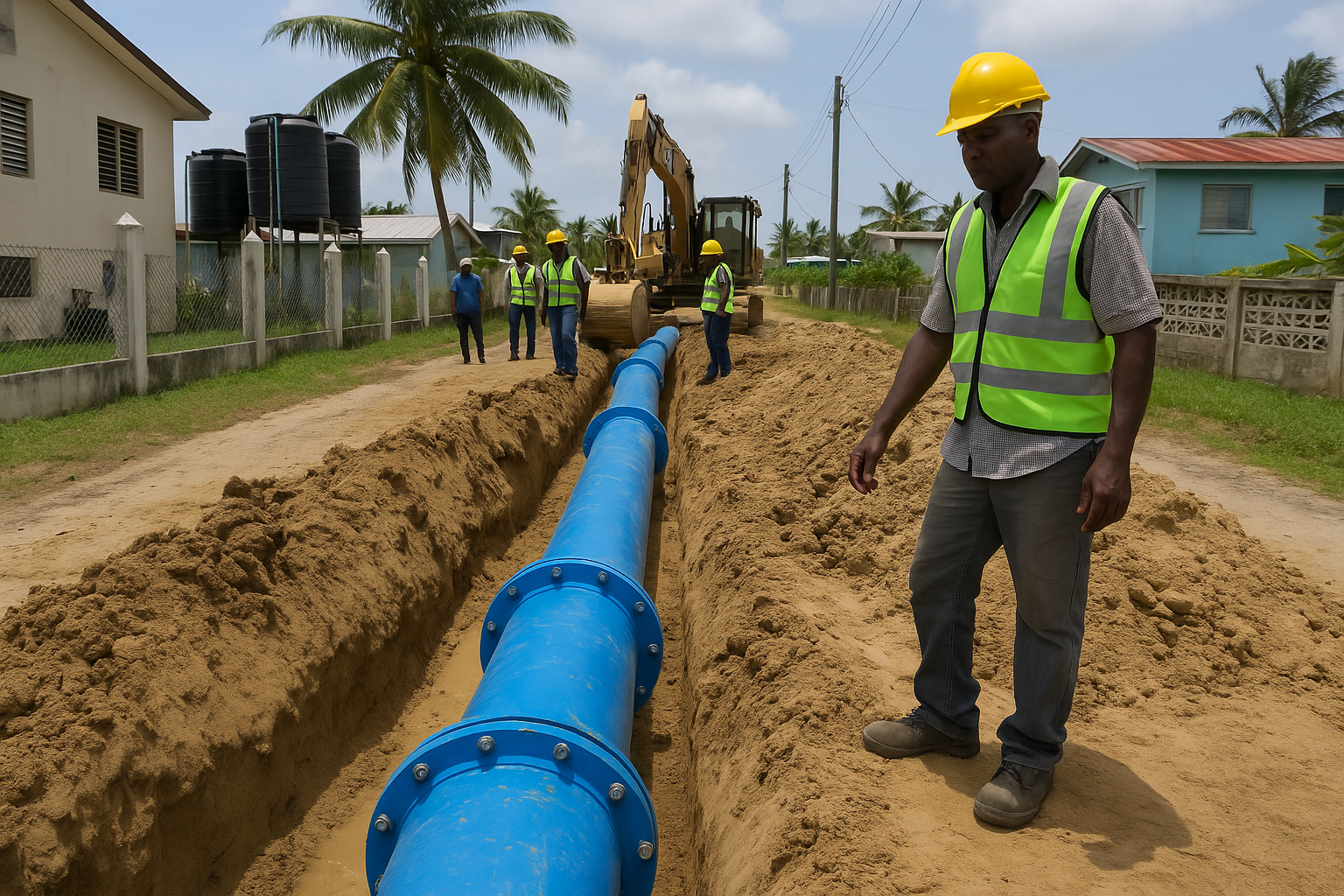DWS Refutes Claims of Excessive Water Board Spending, Clarifies Governance
International travel, the DWS emphasised, is only undertaken with ministerial approval and has been significantly curtailed to reduce costs.

- Country:
- South Africa
The Department of Water and Sanitation (DWS) has moved swiftly to dispel what it calls “misleading and distorted” reporting on the remuneration of water board members, following a Sunday Times article of 7 September 2025 titled “Splashing out, Dry Taps as Water Boards drown in excess”.
The article alleged that senior board members of the country’s seven water boards and the Trans-Caledon Tunnel Authority (TCTA) pocket exorbitant fees — in some cases up to R50 million annually — while communities still face service delivery challenges.
Clarifying Board Remuneration
In a statement released on Tuesday, the DWS stressed that no individual board member earns anywhere close to R50 million. The department confirmed that the highest-earning board member received R1.7 million in the last financial year — a fraction of the figure reported.
Claims that board members collect R100 000 per meeting were also dismissed. The department explained that the figures provided to Parliament reflect not only meeting fees but also fixed board fees covering preparation, research, and statutory responsibilities outside of scheduled gatherings.
Remuneration policies, the DWS added, are independently benchmarked, approved annually by the Minister of Water and Sanitation, and aligned with the Consumer Price Index. Current rates range between R1 150 per hour for smaller boards and R1 818 for chairpersons of large boards — well below private sector equivalents.
Governance and Stakeholder Engagement
The department also addressed claims that board members claim fees for attending events such as funerals, gala dinners, or izimbizo. These gatherings, it clarified, often serve governance purposes, including stakeholder engagement, oversight, and statutory obligations.
“Board members are frequently required to attend meetings organised by the Minister, as well as meetings with provincial and municipal governments, including izimbizo. Such meetings are required for monitoring, accounting, oversight, and stakeholder engagement,” the department said.
International travel, the DWS emphasised, is only undertaken with ministerial approval and has been significantly curtailed to reduce costs.
Financial Performance of Water Boards
Contrary to the allegations of mismanagement, the department highlighted that water boards and the TCTA consistently receive unqualified audits from the Auditor-General of South Africa — a reflection of sound financial management.
For the 2023/24 financial year, water boards collectively recorded R38.9 billion in revenue, exceeding their R33.2 billion projection, with their combined asset base surpassing R90 billion. This growth, according to DWS, is largely due to strengthened credit control measures, particularly among the sector’s largest entities, Rand Water and Umngeni-uThukela Water.
The total combined cost of board fees, the department noted, accounts for less than 0.1% of water boards’ operational budgets.
Broader Service Delivery Context
While correcting misconceptions about governance and finances, the DWS acknowledged that addressing South Africa’s water service delivery challenges requires a multi-pronged approach. Municipalities, which are legally designated as water services authorities, play a central role, alongside the private sector and civil society.
“It is for this reason that the Department of Water and Sanitation held a National Water Indaba in March this year, bringing together all role players to develop a plan of action,” the department said, referring to the Indaba Declaration available here.
Restoring Public Trust
The DWS concluded by reiterating that transparency, accountability, and effective governance remain at the heart of water boards’ operations. The department urged the public to distinguish between sensational claims and verifiable facts, assuring citizens that governance structures are working to protect public resources while strengthening South Africa’s water infrastructure.










